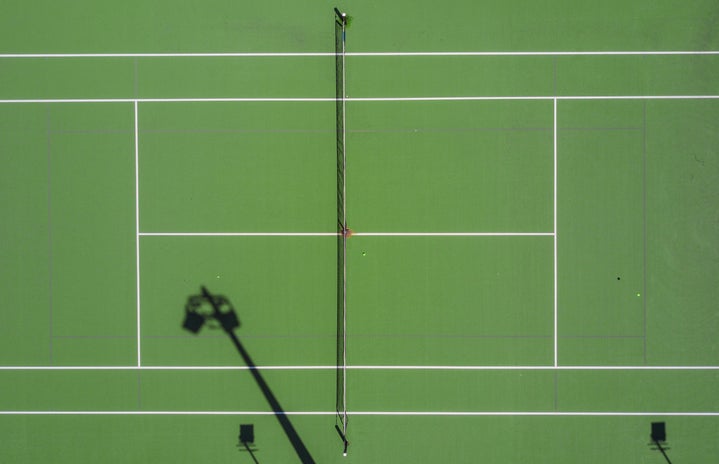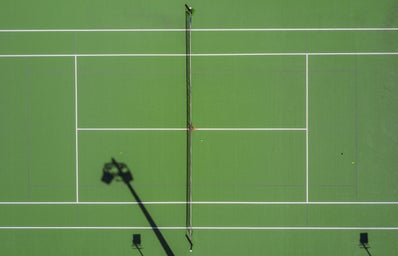On September 9, 19-year-old Coco Gauff competed against Aryna Sabalenka in the final of the most prestigious tennis competition in the world — the US Open. Sporting a pink satin Ganni piece, she took home the trophy as well as a claim to fame as the first teenage woman to win the competition since the Williams sisters.
In an interview with Eurosport, she credits their trailblazing for aspects of her success.
“They’re the reason why I have this trophy today,” she said. “There weren’t too many just Black tennis players dominating the sport.”
Her capability for athletic dominance opens opportunities for young women everywhere as she models strength and emotional capability while under extreme pressure.
In the athletic sphere, her influence is already massive. According to Forbes, viewership was up 92 percent from last year’s women’s finale and trounced viewership for the men’s finale on the following day.
These statistics prove that women are gaining much deserved recognition in sports while also offering a large stage for large emotions.
In the semi-final, Gauff beat opponent Jelena Ostapenko, who was later seen destroying her racket in a fit of anger. Her outburst was recorded in her locker room after the match, which many saw as an invasion of privacy.
Not only should this act be seen as invasive, but it should also be seen as old news.
Countless male athletes release their anger through methods much more harmful than beating up their own racket. Fights are known to break out in contact sports such as football and hockey, and male tennis players — such as Novak Djokovic — destroy their rackets on the court and somehow face less controversy.
Anger was not the only emotion seen on the courts at the US Open this year. When Gauff won she evoked unexpected emotion from countless people.
In an on-court interview after the match, Gauff specifically drew attention to her dad’s reaction. Much to his reluctance, she shared that it was the first time she saw her father cry.
Tears from men and rage from women can seem shocking to some, especially within a male-dominated field. However, as women begin to secure their footing in the world of athleticism, emotions are making their way to the court as well.
Their presence draws a connection between humanity and athleticism, allowing for sportsmanship to regain a much needed presence in the world of athletics.
Gauff said she hopes her sportsmanship and humanity shine through her athletic abilities.
“I’m still a human person and I still do a lot of good in this world outside of the court,” she said.
Her ability to separate her identity from the talent she holds in her sport is vital in showing other athletes how humanity and athleticism can be practiced together in a healthy manner.
Especially as we move forward into football season, sportsmanship and feminism within athletics need to preserve their prevalence.
Most mindsets are shifting into the hyper masculine world of football, where physical talents are valued higher than mental and physical health. Therefore, now more than ever it is important to carry the lessons learned from Gauff’s US Open win into all athletic atmospheres.

